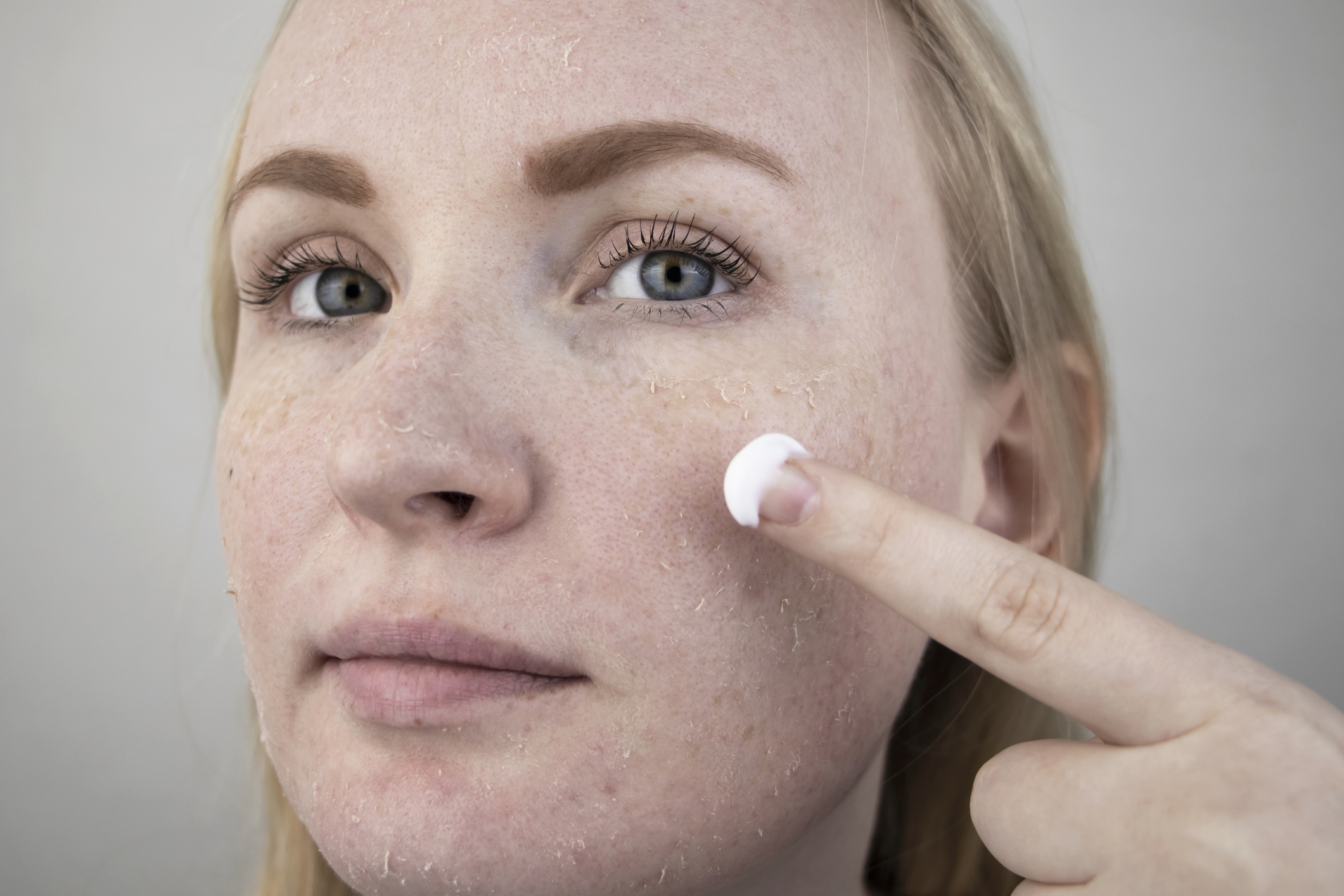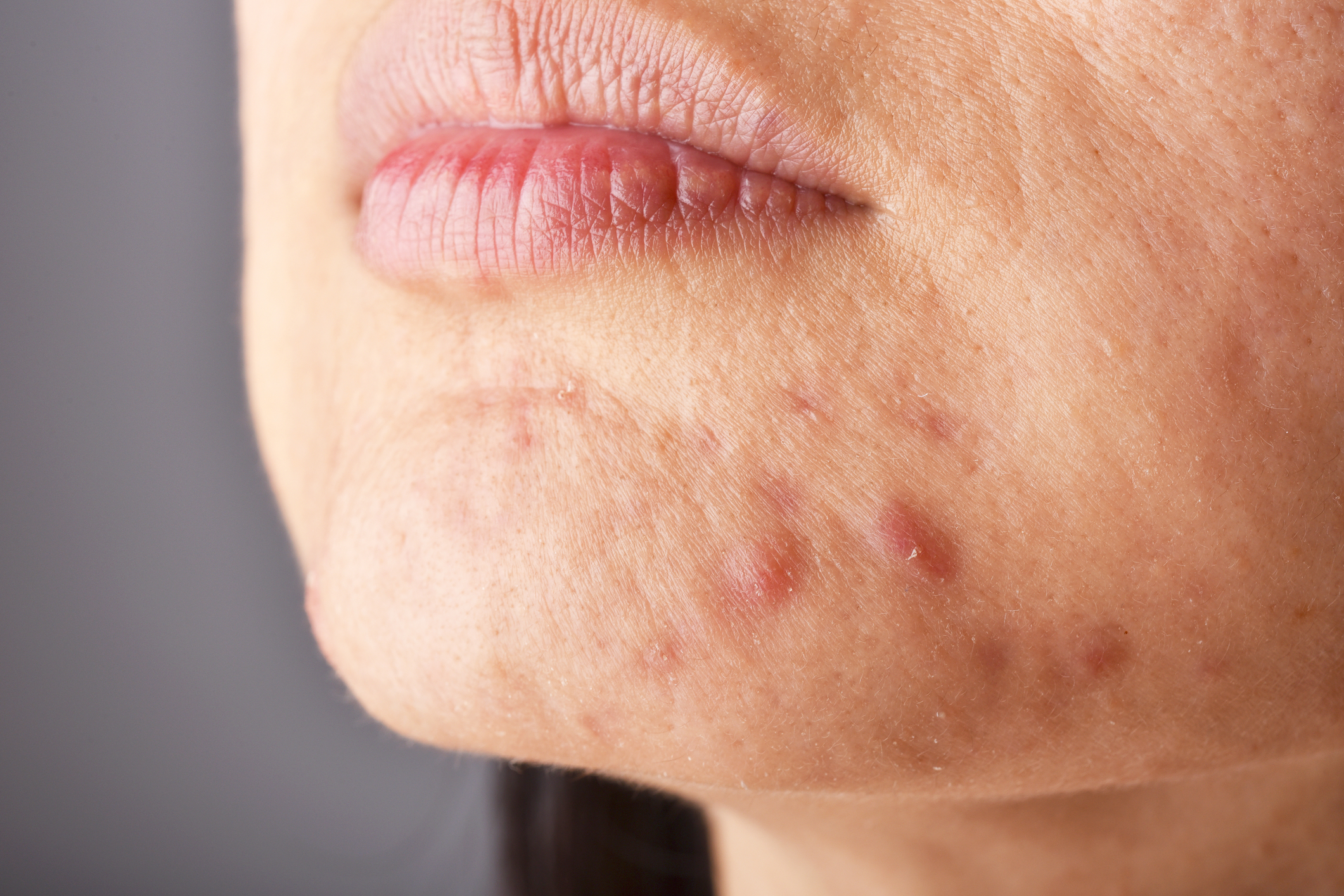Ways Your Skin Reveals Underlying Health Issues
Is your body trying to show you the truth about your health? As the largest organ in the body, your skin can reveal numerous health issues you may be experiencing internally but are unaware of. Problematic skin can simply mean you need to change your beauty and hygiene products. However, certain signs and symptoms can be a giveaway about underlying medical conditions your body is experiencing. Always consult a doctor if you believe you may be dealing with any of these medical issues.
Dry, Itchy Skin

If moisturizer is not providing the skin the hydration it needs, it may be connected to other health-related issues. Dry, cracked, sometimes scaly, or even bleeding skin can indicate the patient is either suffering from dryness due to the environment or eczema. Eczema is a chronic inflammatory skin condition causing the skin to become extremely dry, cracked, itchy, and inflamed, and may even lead to the exposed skin to bleed due to constant scratching.
The condition is hereditary, and has immunological, genetic, and environmental elements to it, as it is related to asthma and a variety of allergens. Eczema can spread anywhere on the body - including the face - and patients are advised to consult a dermatologist for a prescription-based cream or ointment if they believe they are suffering from eczema. Learn more about eczema here: Tips For Managing Eczema In The Winter.
Red Bumps or Tiny Pimples

Little red bumps covering the skin may not just be pimples, hives, or early signs of eczema. They can also be symptoms of rosacea. Redness and dry skin, as well as a ruddy complexion, are all classic symptoms of the condition. This chronic skin condition is caused by genetic and environmental factors and can be triggered by stress, exercise, and the weather. Tiny white or red pimples appearing on the face, arms, thighs, and buttocks can also be keratosis pilaris, a skin condition that happens when an individual is not getting enough essential fatty acids, zinc, and vitamin A. Learn more about rosacea here: How To Recognize And Treat Rosacea So You Can Get Back To Living Your Life.
